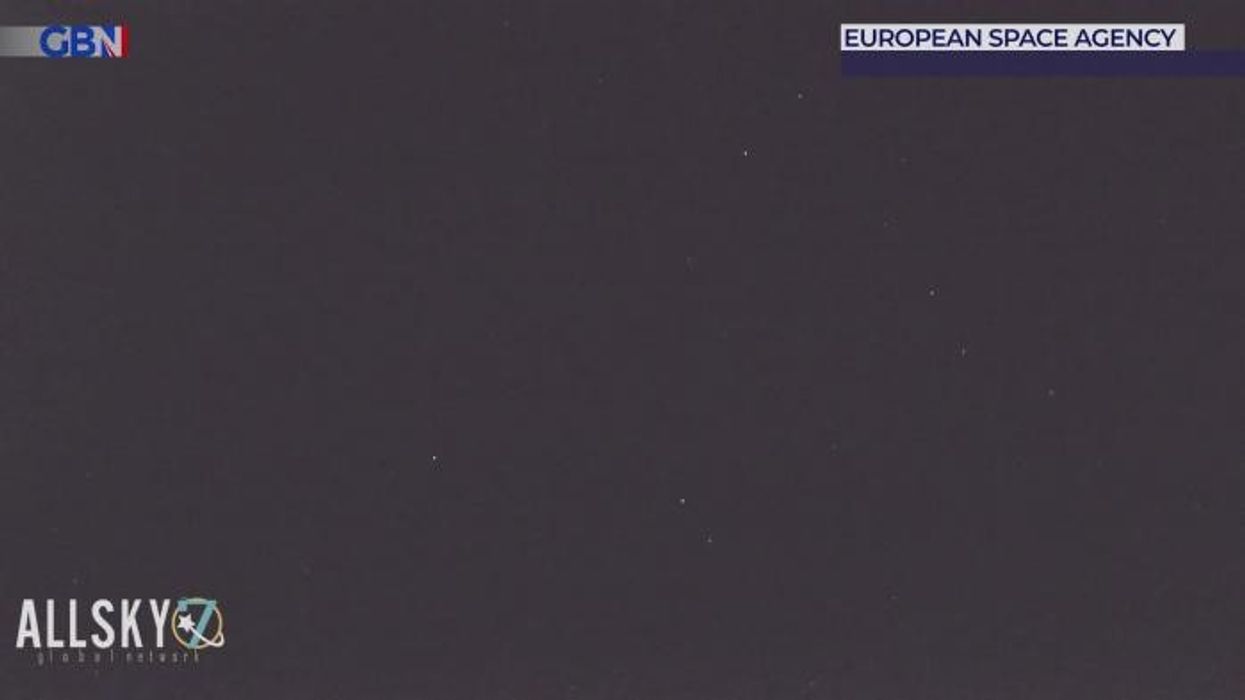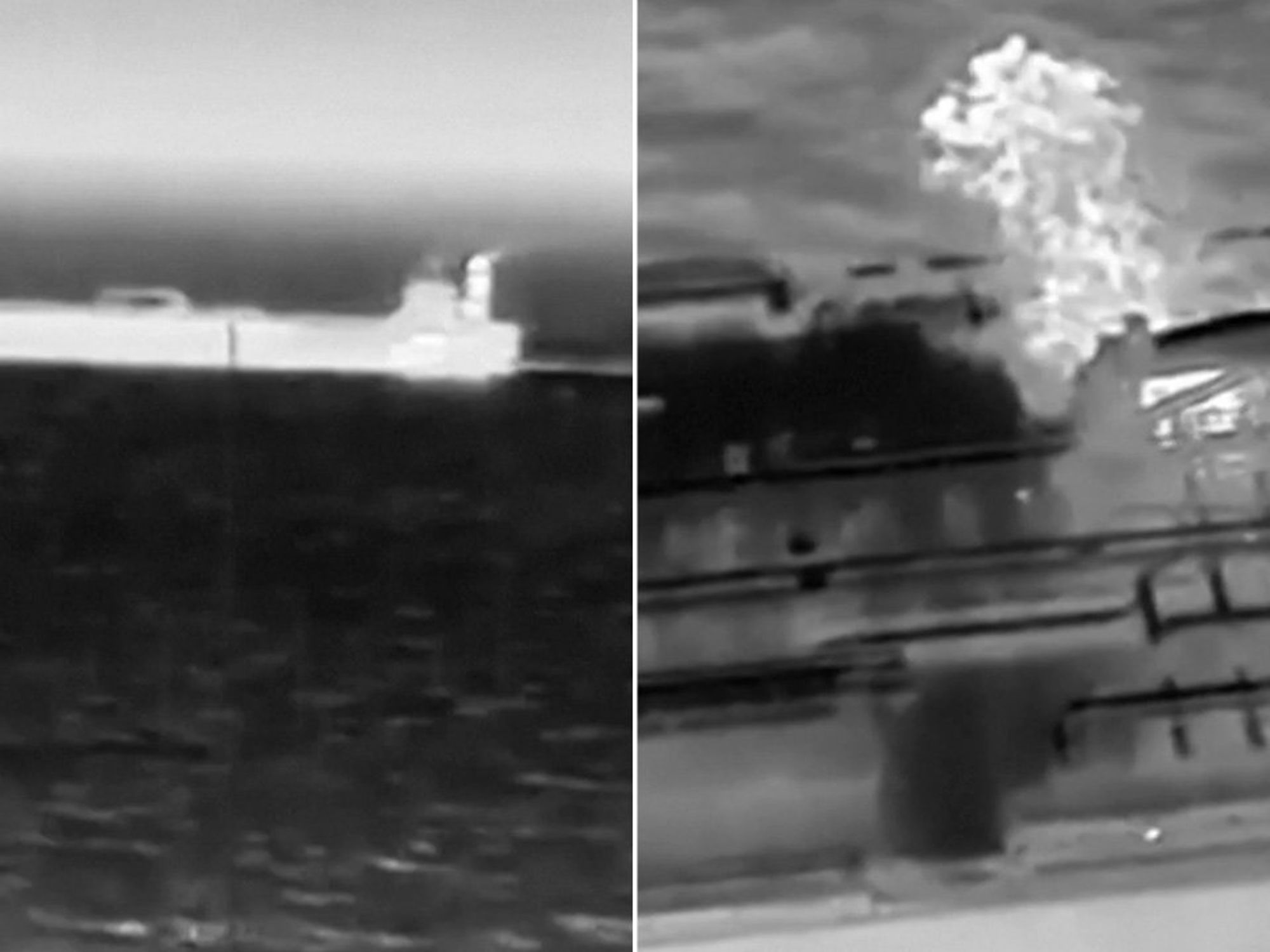Asteroid bursts into FIREBALL while on 'imminent collision course with Earth'

It is only the eighth time an asteroid has been spotted before it has hit Earth
Don't Miss
Most Read
An Asteroid that hurtled towards Earth erupted into a fireball whilst entering the atmosphere on Sunday.
The space rock, dubbed 2024 BXI, burned up in the skies above Berlin. It had been spotted three hours before impact by a Hungarian astronomer.
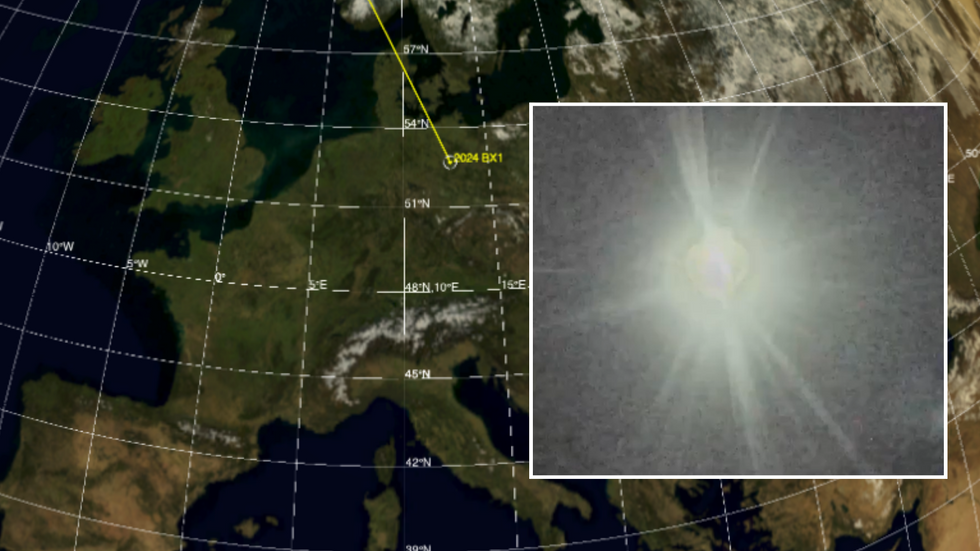 An asteroid turned into a fireball whilst hurtling towards Germany | ESA/Nasa
An asteroid turned into a fireball whilst hurtling towards Germany | ESA/NasaIt is the eighth asteroid that humans have spotted whilst still in space, before entering our atmosphere.
The blaze from the space rock could be seen as far away as the Czech Republic and small fragments of meteoroid may have been scattered around the impact site.
Nasa confirmed the discovery approximately 20 minutes before it hit Earth.
“Heads Up: A tiny asteroid will disintegrate as a harmless fireball west of Berlin near Nennhausen shortly at 1.32am CET. Overseers will see it if it’s clear!” Nasa informed its followers on social media on Saturday night, 24 minutes before the impact.
The asteroid had been discovered three hours earlier by Krisztián Sárneczky at the Piszkéstető Mountain Station of the Konkoly Observatory near Budapest, Hungary.
His observations were sent to the Minor Planet Centre, the official body for observing small planets, before being passed onto the Near-Earth Object Confirmation Page, so that other astronomers could make additional observations.
LATEST DEVELOPMENTS:
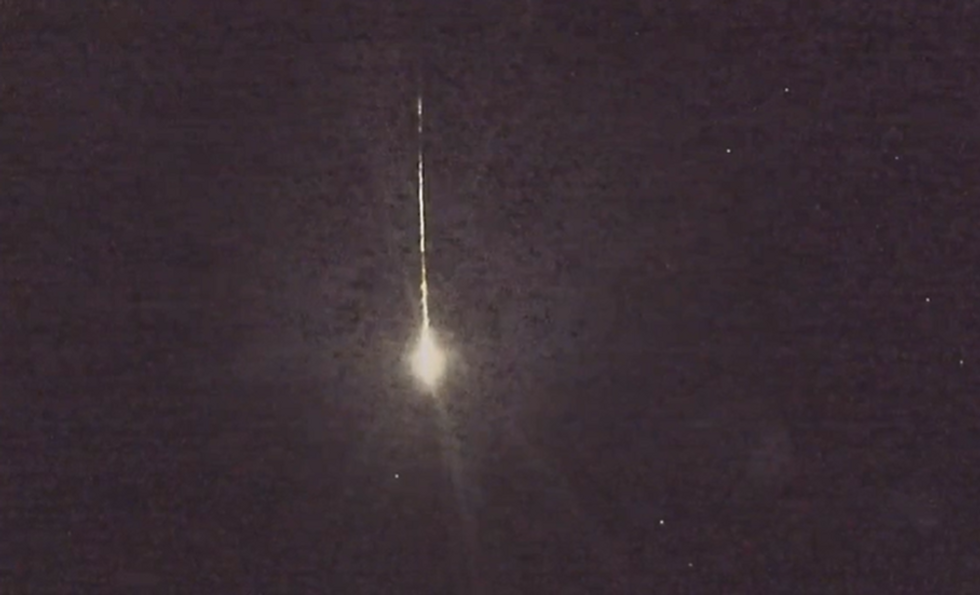
Small fragments of the meteoroid may have been scattered around the impact site, around 50km west of Berlin
|ESA
The data was detected by Nasa, who then deduced the asteroid’s possible trajectory and chances of hitting Earth.
Near Earth Asteroid Scout (NEAScout), Nasa’s space object detection program, then identified that impact was 100 per cent likely.
As 2024 BXI hurtled closer to Earth, NEAScout was able to estimate the time and location of impact.
“Seventy minutes after 2024 BX1 was first spotted, Scout reported a 100 per cent probability of Earth impact and began to narrow down the location and time," Nasa officials said in a statement.
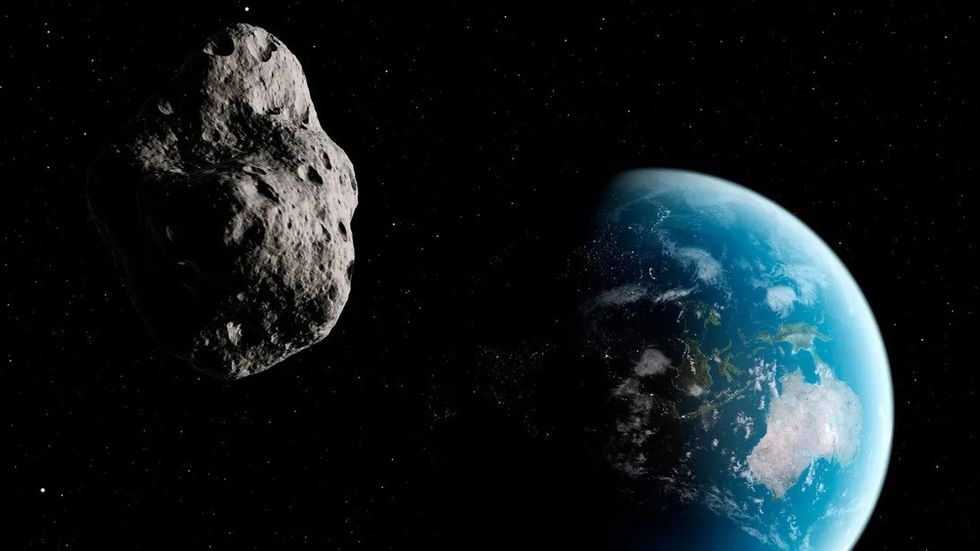
It was first detected by a Hungarian astronomer
| WikiCommons“As tracking continued and more data became available over the next hour, Scout improved estimates of the time and location.”
It is believed to have begun disintegrating about 50km west of Berlin.
Agency officials said that there may be tiny pieces of the asteroid, which measured about a metre wide, scattered around the area.
Due to its burning up in a heavily populated part of the world, many people were able to see and record the spectacle, despite it taking place in the middle of the night.


